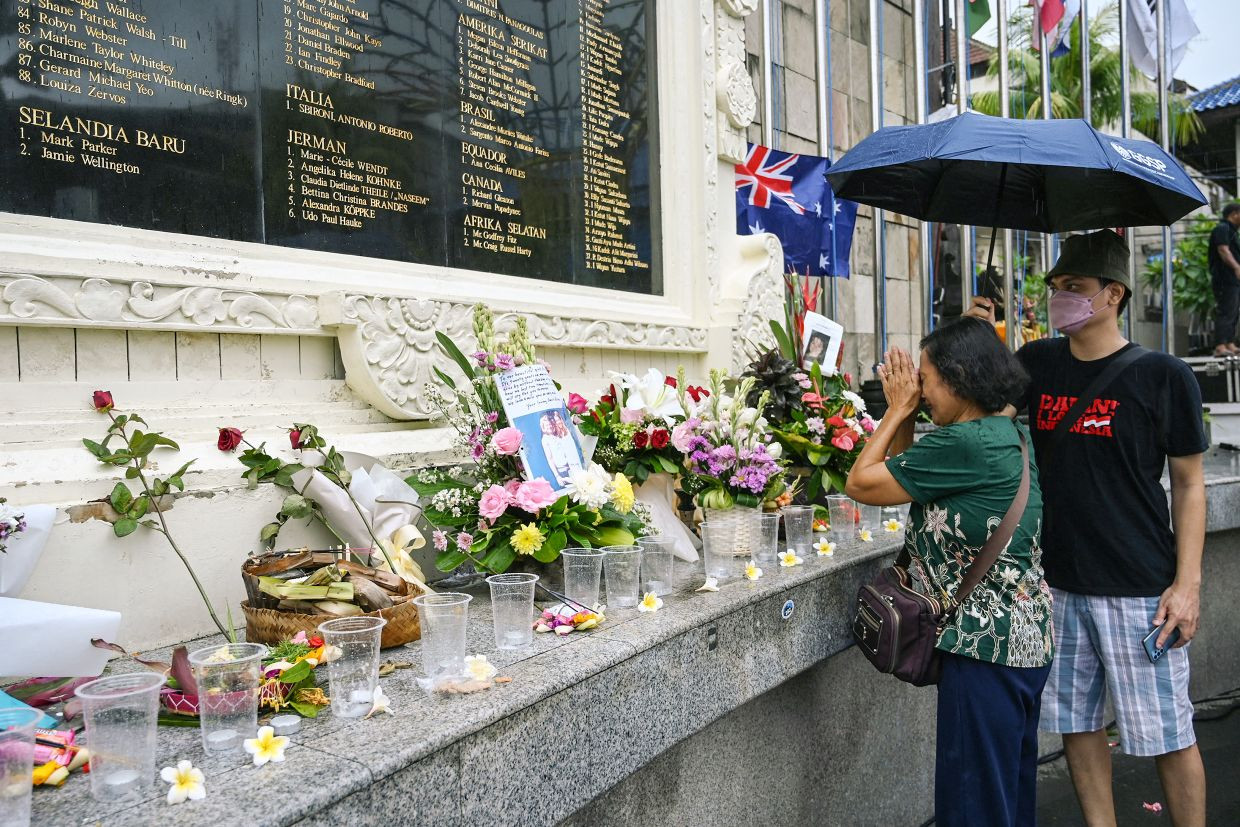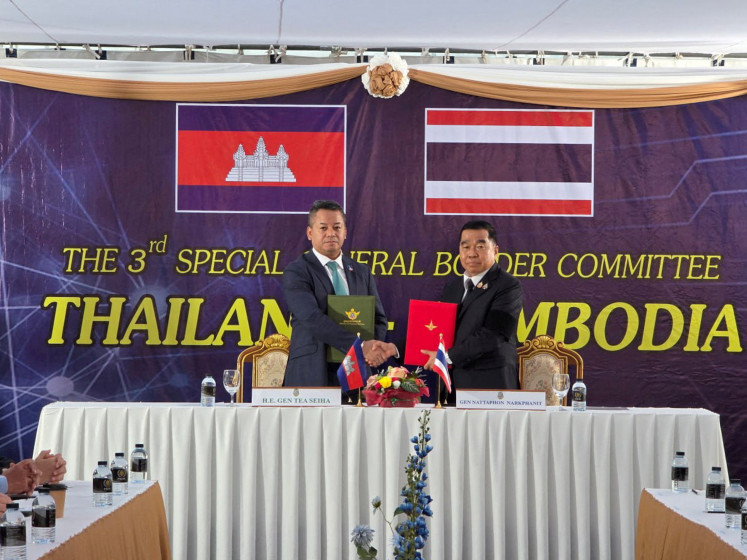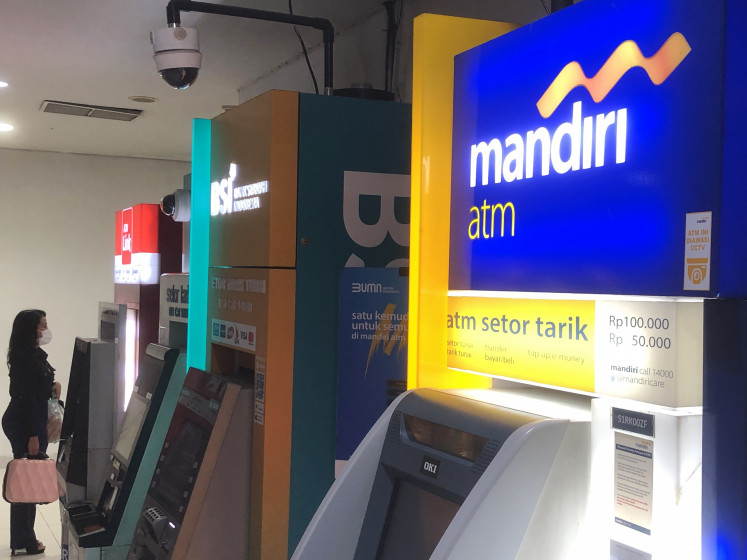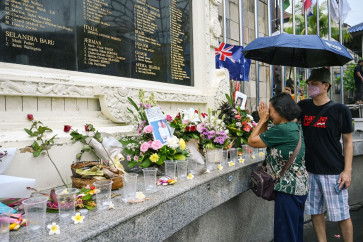Popular Reads
Top Results
Can't find what you're looking for?
View all search resultsPopular Reads
Top Results
Can't find what you're looking for?
View all search resultsThe presidential election and intricacies within radical groups
The real immediate threat to elections will be coming from JAD, which is recognized as a radical Islamist group in Indonesia responsible for several terrorist attacks.
Change text size
Gift Premium Articles
to Anyone

The significance of Indonesia's upcoming presidential election extends beyond its borders given the nation's pivotal role in Southeast Asia. As the world's fourth-most-populous nation and the largest Muslim-majority country, Indonesia's political dynamics greatly influence regional stability and global relations.
Understanding the complexities within radical groups during this critical election period is crucial, considering their historical influence and potential impact on the country's political landscape, regional security and democratic progress.
Amid this electoral landscape, the contrasting characters of Jamaah Islamiyah (JI) and Jamaah Anshar Daulah (JAD) emerge, revealing divergent perspectives and preferences among former JI members who have now become democratic participants.
The shift toward democratic engagement among some former JI affiliates signifies a transformative trend, although it is intertwined with the persistent threat posed by radical factions, especially those aligned with the Islamic State (IS) and JAD.
Just recently the police’s counterterrorism squad Densus 88 arrested 40 suspected members of JAD in Jakarta, West Java and Central Sulawesi. They were believed to be plotting attacks to foil the upcoming elections.
The complex narratives of the ex-JI members, with their unique political inclinations, were further clarified through direct interviews conducted with three different generations of fighters from Afghanistan, the southern Philippines and Poso, Central Sulawesi, with their full consent.

Formerly classified as Islamists, these sources have revealed a transformative shift from rejecting democracy to embracing democratic processes within Indonesia's current political framework of Pancasila. This evolution aligns with the notion of "post-Islamism", indicating a move away from advocating for an Islamic state governed by sharia. It signifies a more moderated approach to democratic principles while maintaining Islamic values in a diverse society.


















